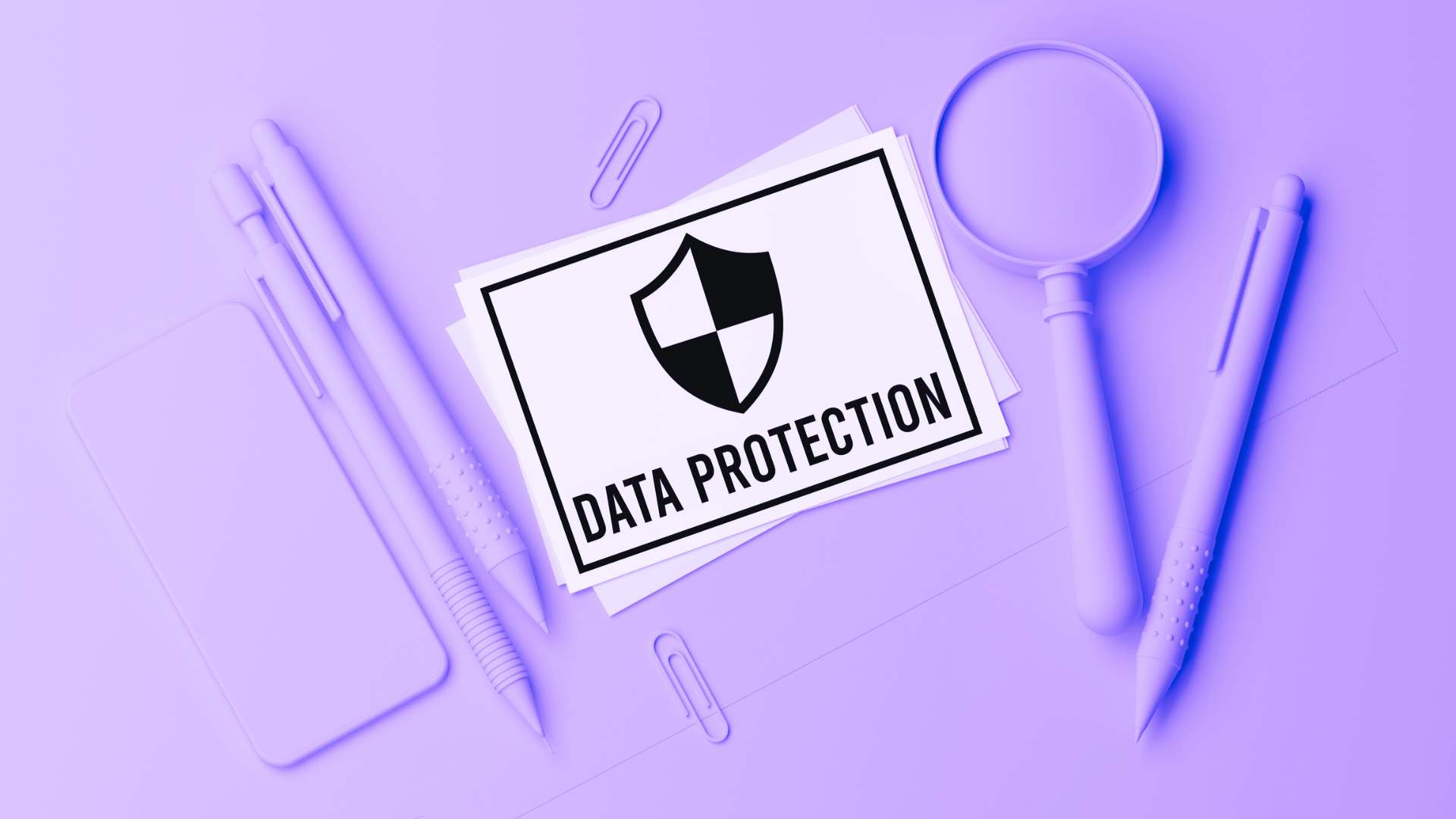In an increasingly connected world, data protection has become a critical concern. Data Privacy Day, celebrated on January 28, reminds us of the importance of preserving our privacy both online and offline. In this article, we will explore not only the threats to data privacy but also some practical tips and hacks to keep your data secure.
The Importance of Data Privacy:
We live in an era where our lives are intertwined with digital platforms. From social media to online transactions, our data is constantly in circulation. Data privacy is essential, as our personal information can be used for both benefit and abuse.
Threats to Data Privacy:
- Phishing: Identity theft attacks through emails, messages, or fake websites to obtain confidential information.
- Malware: Malicious software designed to infiltrate or damage systems, often used to steal information.
- Social Engineering: Psychological manipulation of individuals to obtain confidential information, often through online interactions.
- Security Breaches: Unauthorized access to systems resulting in the exposure of sensitive data.
- Ransomware: Blocking access to systems or files followed by ransom demands to restore access.
- Spyware: Software that collects information about online activities without the user's knowledge.
- Data Leaks: Accidentally or intentionally sharing confidential information, either by employees or errors in system configurations.
Who is Most at Risk?:
Not everyone faces the same level of risk. Here are some more vulnerable groups:
- Children and Adolescents: Due to their lack of awareness of safe online practices, they might share personal information, such as location and school details, on social platforms, exposing them to risks like cyberbullying or manipulation by strangers.
- Seniors: With less familiarity with digital technologies, they could fall victim to online scams, such as receiving fraudulent emails pretending to be from banks, soliciting confidential information, or participating in fake websites seeking to steal financial data.
- Small Businesses: With limited resources, they could face threats like ransomware attacks, where cybercriminals encrypt data and demand a ransom, affecting business continuity. Additionally, they could be targets of targeted phishing attacks seeking access to sensitive business information.
- Individuals with Public Online Profiles: Those who extensively share on social networks can be targets for identity theft. For example, shared information like birthdays or work details could be used to create fake profiles or carry out social engineering attacks.
- Technology Professionals: Despite their advanced knowledge, they could be vulnerable to targeted attacks, such as spear-phishing, where attackers customize messages to deceive the individual. They may also face threats like intellectual property theft due to their constant interaction with digital systems.
Practical Tips to Protect Your Data:
- Strong Passwords: Use unique and strong passwords for each account, combining letters, numbers, and special characters.
- Two-Factor Authentication (2FA): Add an extra layer of security by requiring a second verification method (email, SMS, WhatsApp, Authentication Apps, etc.).
- Regular Updates: Keep your software, applications, and devices updated to protect against known vulnerabilities.
- Phishing Awareness: Be cautious when opening emails or clicking on links, especially if they seem suspicious. If in doubt, verify with verified accounts or official contacts from brands.
- Firewalls and Antivirus: Use reliable firewalls and antivirus programs to protect your device against online threats.
- Social Media Privacy: Regularly review and adjust privacy settings on your social media profiles.
💡Conclusion: Data Privacy Day reminds us that each of us plays a crucial role in protecting our personal information. As we embrace the digital revolution, we must also commit to preserving our privacy.





